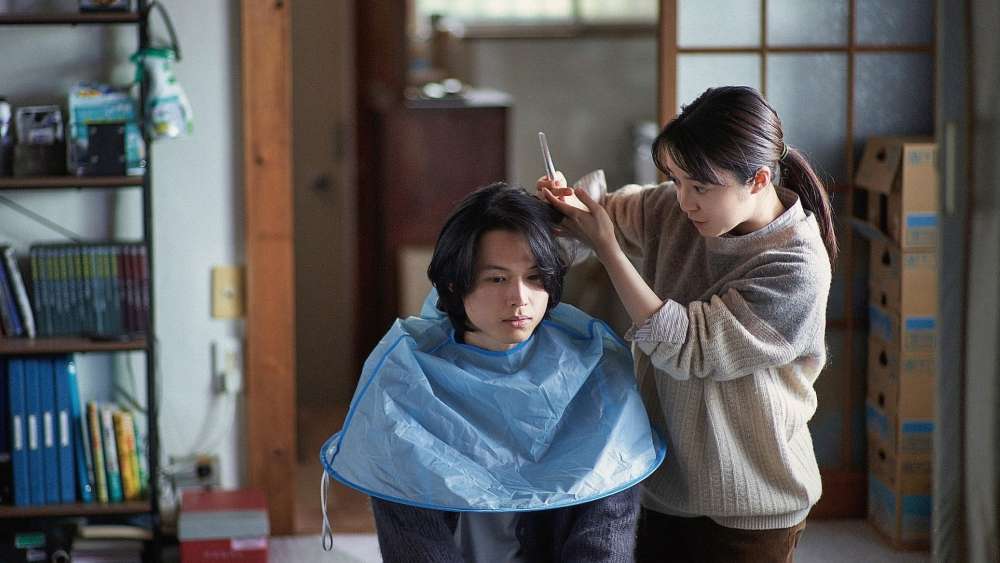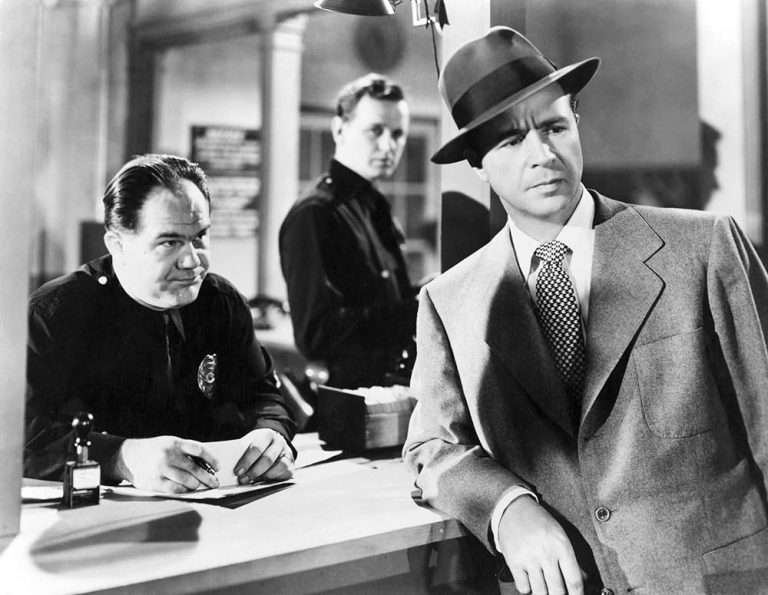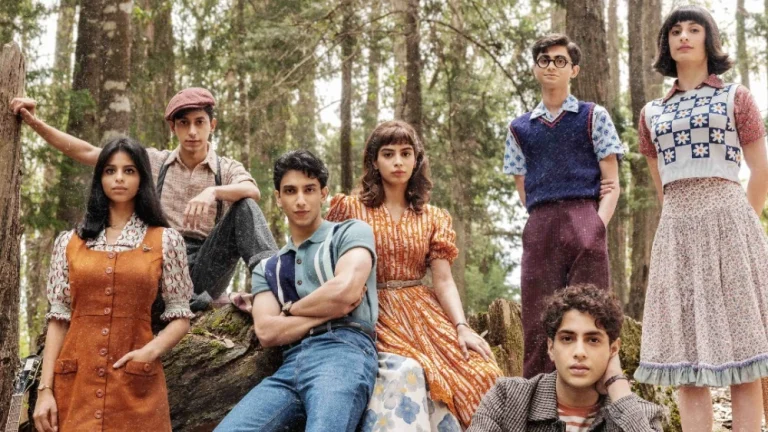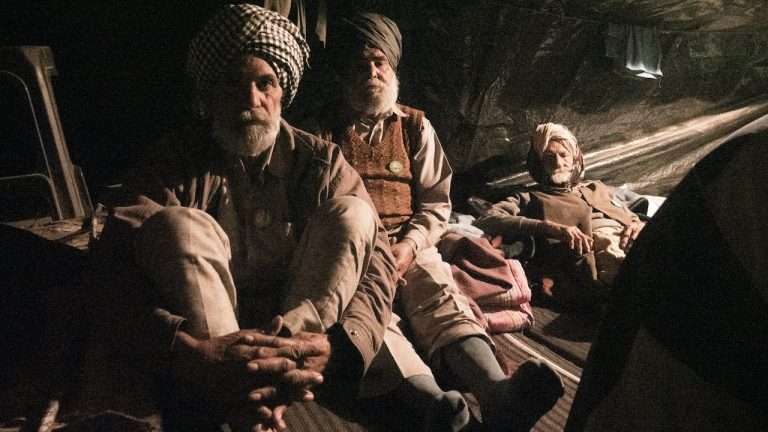Among the aspirations for progress in life is the discovery of an ideal residence. Whether it has been a long-term goal or not, we all want a house that is uniquely ours and meets all our requirements. Nevertheless, financial commitment plays a role in maintaining a stable lifestyle. A rental home may be a good option in light of this. However, many people find it difficult to even identify rental properties, let alone negotiate the rental price, due to the gradual growth in inflation. Bringing a psychological edge to the story, director Yoon Eun-kyung tackles the challenges of rental homes ingeniously through “The Tenants.”
Shin-dong is like every other employee running the race to achieve a stable income in South Korea in the near future. For many living through the time, having stable employment comes with a lot of sacrifice. He finds little happiness in his solitary existence in a rental apartment. An unexpected evacuation notice from his landlord prompts him to think of a solution. Upon hearing the advice of his friend about a bizarre tenant scheme, he welcomes two tenants to stay in his rented property. The events that unfold following their arrival will send shivers down your spine.
The film’s central theme elaborates on the structure of a system, touching on topics ranging from workplace difficulties to life values. We observe Shin-dong as he confronts every challenge a working adult experiences to keep up with the integrated life system. Employment issues like work-life balance, lack of driving force, and mundanity are covered here from Shin-dong’s point of view. In my opinion, the filmmaker draws attention by focusing on the coping mechanisms of employees worldwide rather than the technical aspects of tackling the work system.
Additionally, viewers are subjected to external challenges like the worsening rate of air pollution and the higher expense of living, which have only made matters worse. Although the events occur in the future with more advanced technology, the challenges they depict are still very applicable to our current era. The satirical perspective on inflation and health problems, which have nearly shielded the country from its ramifications, is emphasized here. In one scene, we see Shin-dong surprised by the overcrowding in the public lavatory, while in another, we see the difficulties of wearing masks in public places. Various societies’ layered responses to persistent challenges are on display for the viewers, hinting at the struggles for survival.
The focus on mental health issues among young working individuals is also highlighted. The pressure that has been exerted on employees for a secure future comes with a hefty price to pay, which directly affects their mental health. Take the mysterious tenants, for instance. Their personal request to take the bathroom as a place of stay may be too far-fetched, as they believe it can save them monthly expenses.

We also learn about the futuristic system of having a ceiling tenant called “Cheonjangse,” which is catered to those who can live in the ceiling of a house. If you’re wondering whether horror elements are present in the film, then you’re absolutely right. The director shows us a glimpse of how the future might look by masking mental health problems with jump scares and apparition encounters. In addition, Shin-dong’s anxiety and depression instigate overthinking, which impacts his sleep patterns and eating habits.
Multiple questions are raised in “The Tenants.” Could being alone worsen one’s mental health or help one find peace in the face of a stressful life? Is the modern obsession with climbing the corporate ladder for a promotion a positive step towards success or a surefire way towards self-destruction? Could working adults be ensnared in an authoritative system that prevents them from having complete freedom of choice? Is the present housing system ensuring that tenants have complete privacy? Why does the community’s way of life appear more conducive to misery than success? Should work promotions be assessed based on work performance or on the basis of recommendations? This then raises the most crucial question: Is everyone conscious of their own mental health?
From a technical standpoint, The Tenant’s screenplay deserves recognition, particularly the way it showcases Shin-dong’s phone conversations. Depending on their characteristics and traits, viewers get a visual depiction of how Shin-dong imagines his callers. For example, when Shin-dong thinks of his landlord, he sees a carefree little boy who can’t be taken seriously. Many metaphorical phrases are inserted to establish the backdrop for the eventual disclosure of the truth that unfolds later in the film. A round of applause to Dea-geon Kim for bringing life to the character of Shin-dong, whereby his anger and sadness can be felt intensely.
“The Tenants,” selected at the Hong Kong International Film Festival this year, is a psychological dystopian thriller that takes us on a mental roller coaster of twists and turns. Think of it as a Korean take on the series “Severance.” Moreover, it’s a different shade of the Oscar-winning “Parasite.” The film paints a grim picture of our need for subsistence in the future. The director subtly urges us to make a change in how we view the workers and jobs. If the phrase “This makes us live like clones in a zombie-like city” strikes a chord with you, then it is time for you to reassess your decisions regarding living and employment.




![The Trials of Gabriel Fernandez [2020] Netflix Review – A Shocking Case of Child Abuse, Murder and Institutional Negligence](https://79468c92.delivery.rocketcdn.me/wp-content/uploads/2020/03/The-Trials-of-Gabriel-Fernandez-2020-768x432.jpg)
![A Spike Lee Joint: Summer of Sam [1999]](https://79468c92.delivery.rocketcdn.me/wp-content/uploads/2018/06/Summer_OF_SAM-768x432.jpg)